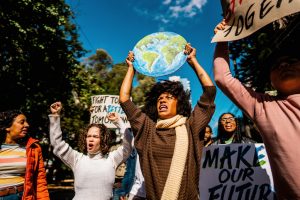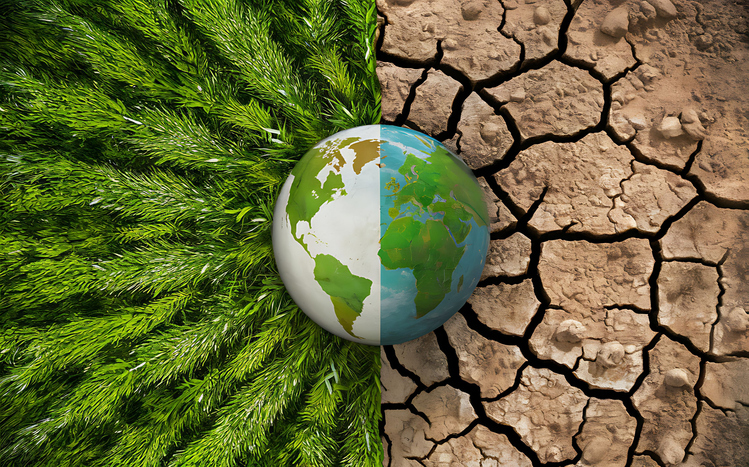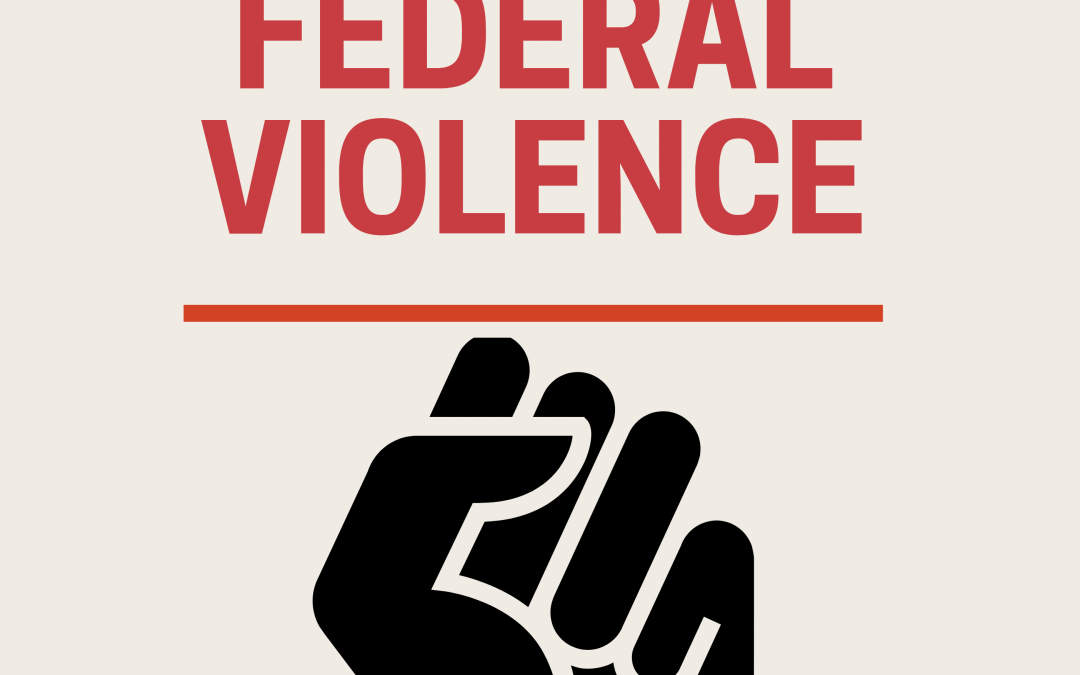NASW is monitoring the federal government’s severe shift in climate policies and priorities
By Faye Beard
Recent headlines signal that the federal government is willfully ignoring the potential dangers of climate change. In April, Reuters published an article titled, “State Department Nixes Climate Office.” A New York Times headline read, “Scientists Denounce Trump Administration’s Climate Report.” And Bloomberg featured an exposé, “Lights Out: How Trump’s War on Climate Science Is Weakening the U.S.”
Yet, climate change disasters are becoming more common and destructive, warned NASW President Dr. Yvonne Chase, Ph.D., LCSW, ACSW. “The U.S. experienced 27 confirmed weather climate disaster events last year with losses that exceeded a billion dollars each,” said Dr. Chase, who cited statistics from the National Oceanic and Atmospheric Administration (NOAA). Chase recently hosted an edition of Chase Chats, where she moderated a virtual panel to discuss “Climate Change: How Should Social Workers Respond?”
One expert was Karen Magruder, DSW, LCSW-S, who created a course on Environmental Justice and Green Social Work at the University of Texas at Arlington School of Social Work. “We can address climate change on a macro level by helping individuals and families with disaster preparedness, coping with impacts of disasters and extreme weather events, and helping to facilitate resource access,” said Dr. Magruder.

©Getty Images
Physician of internal medicine Sheetal Rao, M.D., who serves on the steering committee for Illinois Clinicians for Climate Action, suggested that social workers be aware of the impact of climate change and do everything in their power to alleviate it. That means “advocating for air conditioning or air purifiers or connecting people with resources like cooling centers or shelters after a storm,” Dr. Rao said. It also means “recognizing a senior with a chronic illness who lives in a high-rise might be at a higher risk for heat or someone in a wheelchair who lives in a basement may be at a higher risk for flooding or power loss.” She said having a plan or talking through scenarios with clients could make a difference.
Ben Fulgencio-Turner, the director of Climate for Health Programs at Eco America, shared with the panel how he was evacuated in New Orleans during Hurricane Katrina. Now 20 years later, he said, “This administration has gutted funding for NOAA and FEMA, both the tracking and response capacity for major hurricanes.”
He discussed the critical role social workers play because there are so many ways to get involved in climate advocacy and engagement. “Climate solutions can bring immediate benefits to communities. They can strengthen communities and improve health,” said Fulgencio-Turner. “It’s not just a doom and gloom narrative. It’s a story of resilience and building to meet the moment. Social workers are positioned to lead that message.”
Kriti Vashisht, Ph.D., an assistant professor at the University of Texas Rio Grande Valley School of Social Work, has studied the effects of climate change in India. She told a story about how a tribal community endured water scarcity and drought, so residents were upset when a dam was built on a river. “They always felt the flood was useful to them. They were looking at climate change in a different way,” Dr. Vashisht said, adding that it’s important to include local residents when drafting solutions to climate change and asking them how they can sustain those solutions.
Climate change impacts everyone on the planet, said Dr. Magruder, “but they hit first and worst in disadvantaged and historically marginalized and vulnerable communities. There is disproportionality, and that is a really compelling reason to bring social work into the conversation of this interdisciplinary issue because of these values and skills around social justice and advocacy.”
Faye Beard is a freelance writer based in New York City.



